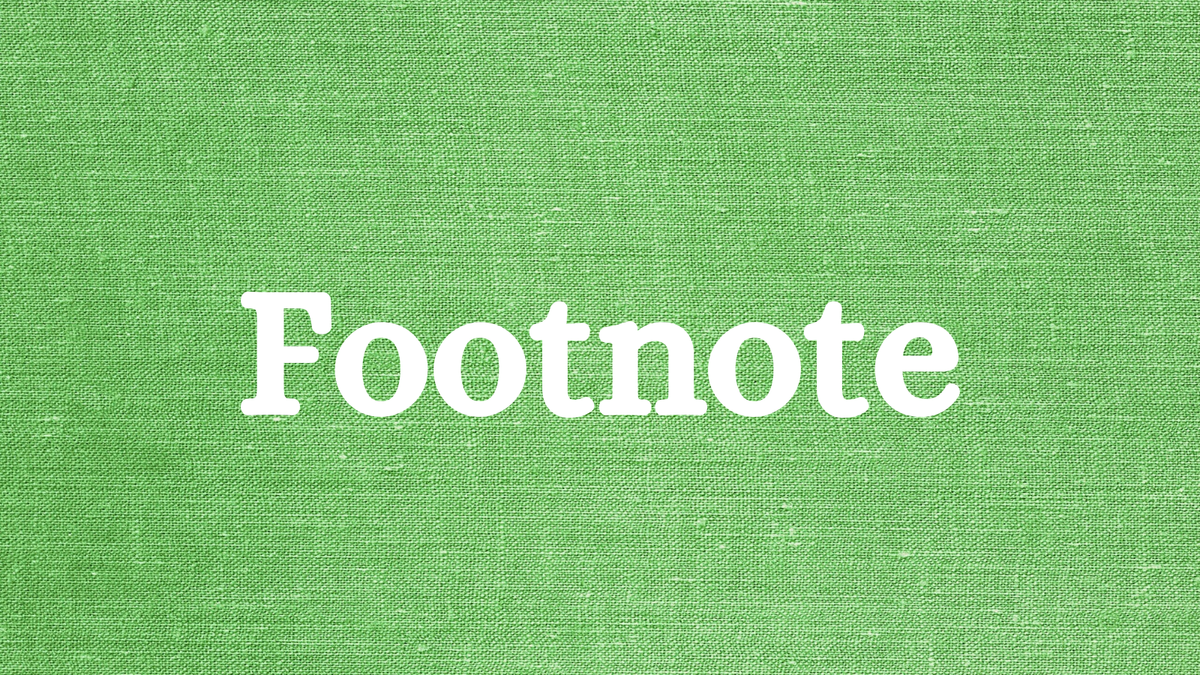Footnote

The Internet is a machine designed for the efficient, automated collection, transmission, and manipulation of information, and its legions of programmers are intent on finding the “one best way”—the perfect algorithm—to carry out the mental movements of what we’ve come to describe as knowledge work. . . .
What Taylor did for the work of the hand, Google is doing for the work of the mind. . . .
Google doesn’t believe that the affairs of citizens are best guided by experts. It believes that those affairs are best guided by software algorithms—which is exactly what Taylor would have believed had powerful digital computers been around in his day. Google also resembles Taylor in the sense of righteousness it brings to its work. It has a deep, even messianic faith in its cause. Google, says its CEO, is more than a mere business; it is a “moral force.” . . .
Anything that stands in the way of the speedy collection, dissection, and transmission of data is a threat not only to Google’s business but to the new utopia of cognitive efficiency it aims to construct on the Internet.
Nicholas Carr, The Shallows: What the Internet is Doing to Our Brains
